Chee vowed that his party would urge the government to “say very categorically” that it would “significantly reduce the inflow of foreign workers”, adding his party would work towards formulating policy alternatives until the election.
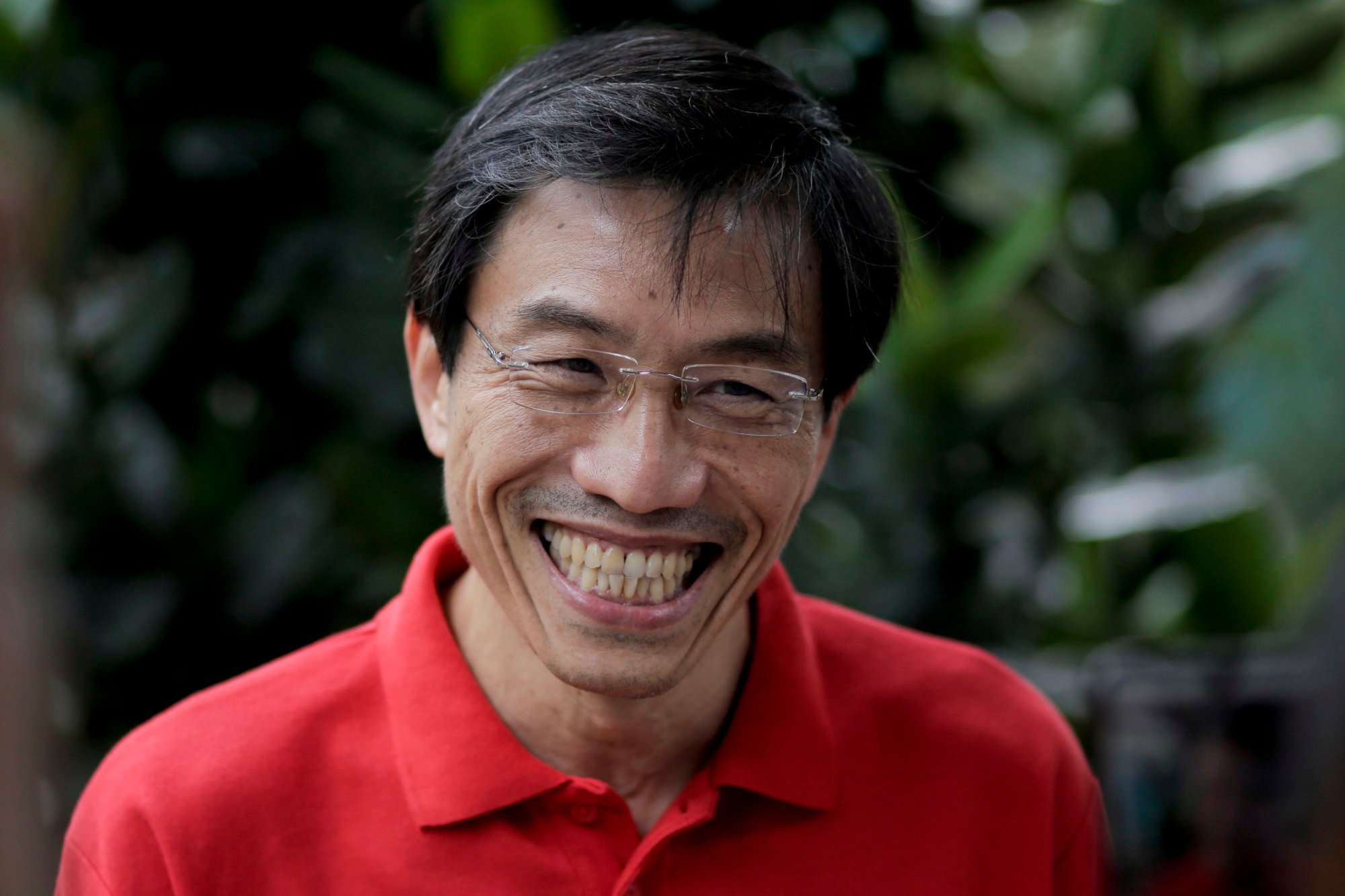
“Opposition parties are likely to focus on areas where Singapore faces intense challenges – cleanliness of institutions and government figures, cost of living and inflation, influx of foreigners that burden an already stressed infrastructure, employment in better-paying jobs for Singaporeans – and hold the incumbent party to task in its management of these challenges,” said Kasthuri Prameswaren, a lecturer at the Singapore University of Social Sciences who specialises in the politics of Singapore and Southeast Asia.
“We welcome foreign professionals to work in Singapore, but it is controlled,” he said. “Because if it is not controlled, I think we will be easily swamped. We cannot afford to be like the UAE, where the local residents are only less than 10 per cent of the population. They have a different compact because they use the oil and gas revenues to provide everything for the citizens.
“In return, they just allow foreigners to come in freely. That is not possible in Singapore.”
The presence of foreign professionals in Singapore has long been a hot-button political issue, particularly during election season.
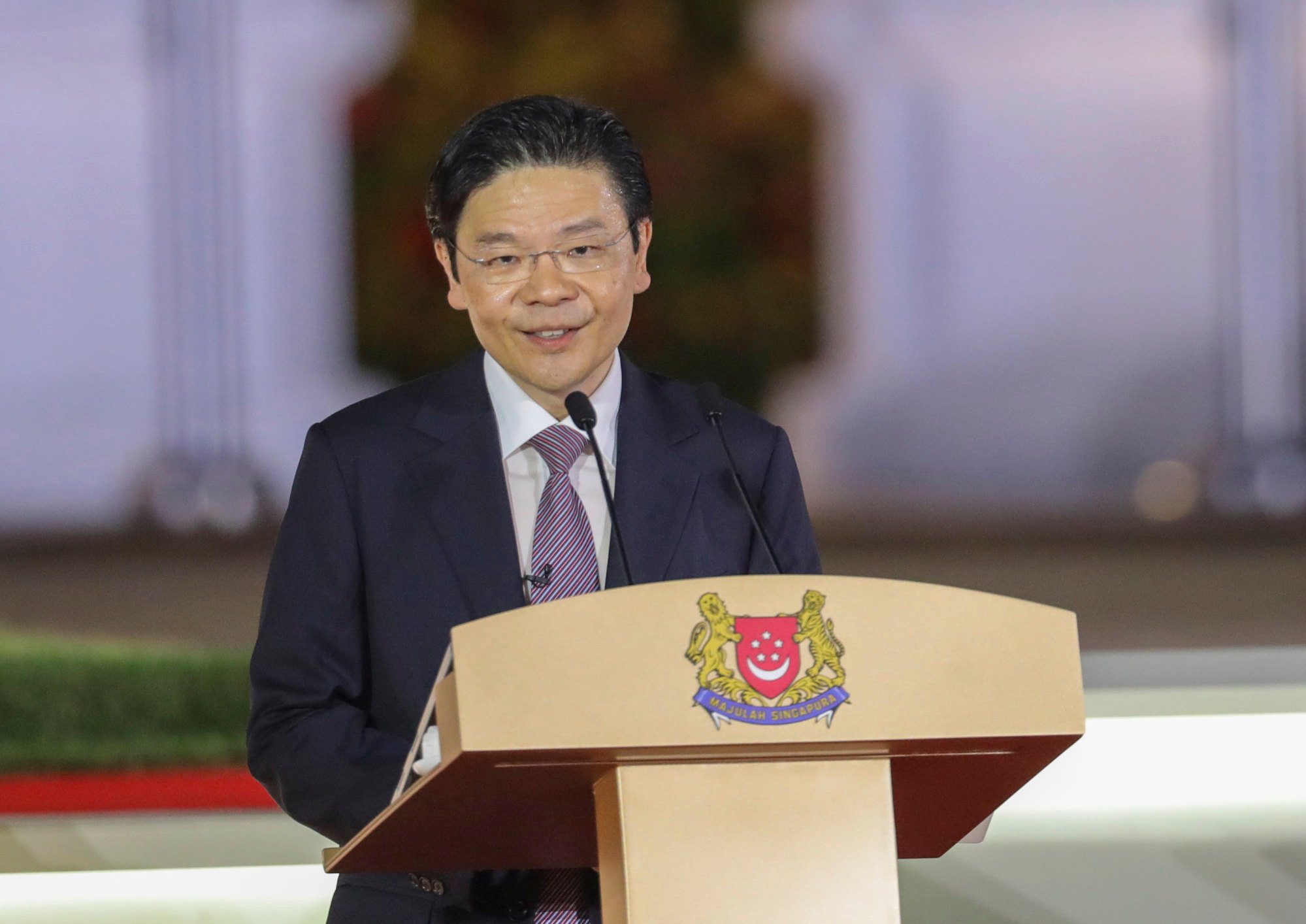
In the watershed 2011 general election, the PAP lost a Group Representation Constituency for the first time. Political analysts cited the debate around foreign talent during campaigning as one of the factors contributing to the victory of the opposition Workers’ Party in Aljunied GRC.
“Voters [during the 2011 election] were very concerned about their ability to navigate this increasingly tough terrain in many aspects – overcrowding in public transport, hospital bed crunches and strains on the healthcare sector, stagnant wages in a more expensive city state. Voters had likely felt that the then-liberal immigration policy was largely responsible for much of these woes,” Prameswaren said.
Singapore relies heavily on foreign labour, ranging from professionals to manual workers. As of June last year, out of Singapore’s 5.92 million population about 1.77 million were non-residents including foreign workers, their dependants, international students and others, according to official data.
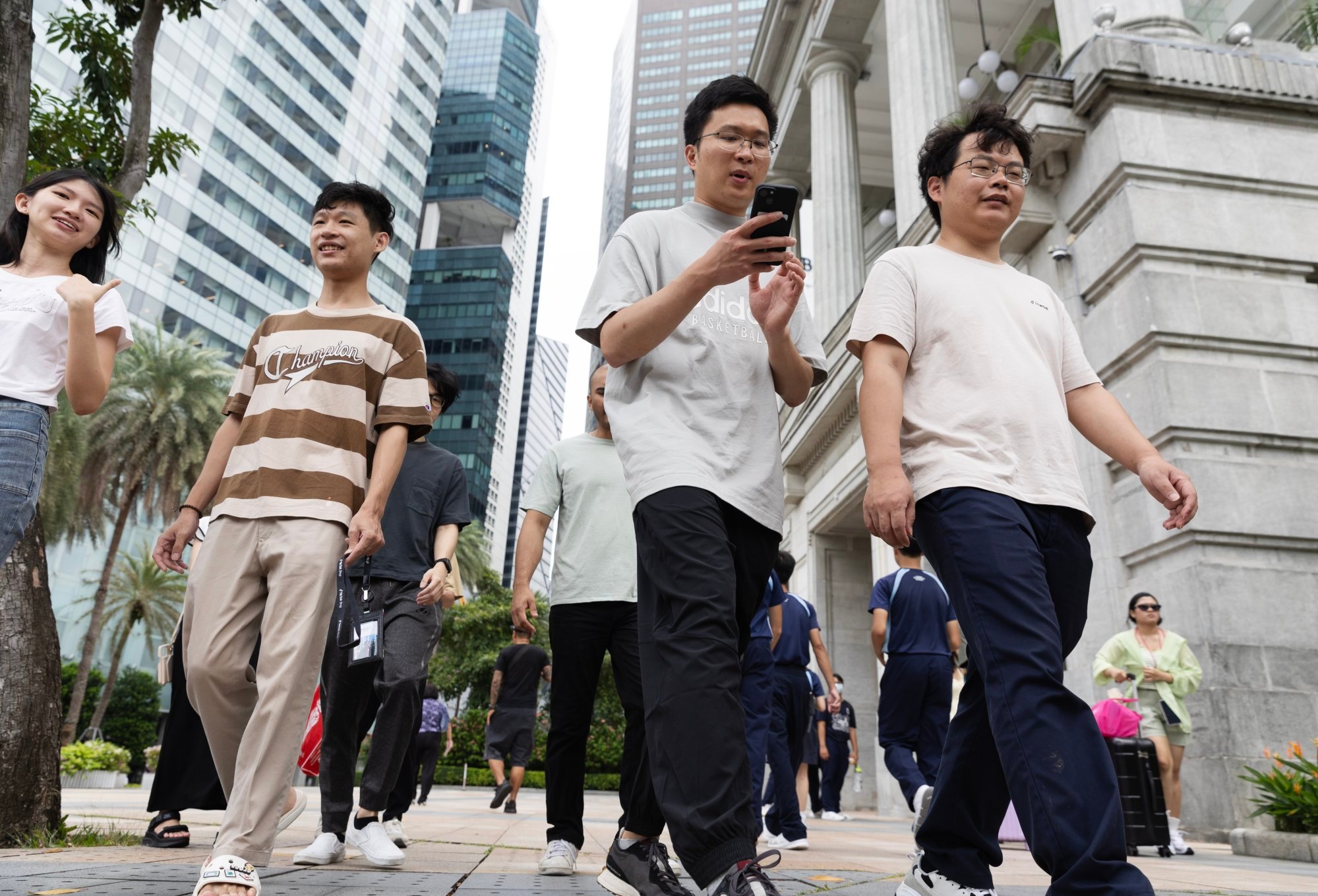
A 2021 Institute of Policy Studies survey that polled some 2,000 Singaporeans found that more than 70 per cent thought the government should place strict limits on the number of foreign workers entering the country.
“In the past, skilled foreign labour posed more economic threats than cultural, and vice versa for the low-wage foreign workers,” Leong Chan-Hoong, a senior fellow for social cohesion research at the Nanyang Technological University’s S. Rajaratnam School of International Studies, told This Week in Asia. “But as the nature of jobs evolve over time, the distinction is less clear, both economic and cultural impact shape how Singaporeans think of this issue.”
She said some residents were concerned about threats to the Singapore identity as well as “competition for jobs, wage depression and strain on public amenities” arising from the presence of foreigners in the country.
Individuals may be looking for scapegoats as a way to explain an otherwise personally felt outcome, like not being able to afford a home … Foreigners provide that scapegoat
Echoing her sentiment, Mustafa Izzuddin, a senior international-affairs analyst at consultancy Solaris Strategies Singapore, said that immigration issues could “trigger an intense emotional reaction” among some segments of Singapore society.
On Chee’s campaign message, Izzuddin said “the acid test” would be whether the SDP could translate its campaign strategy based on immigration and foreign workers into votes.
Whether any party can win over voters on the issue depends on the reasons causing their perceptions of job insecurity and the rising cost of living, NUS’ Tan said.
“In the 2020 general election, jobs and the cost of living were two of the most important concerns that voters had according to [research]. If individuals believe that rising job insecurity and costs of living are caused by the continued inflow of foreign labour, then this is likely to be an issue capitalised on by parties in the coming election,” she said.
The PAP lost more seats to the opposition in the 2020 elections that it had done at any point since independence and saw its margin of victory decline from the 2015 polls.
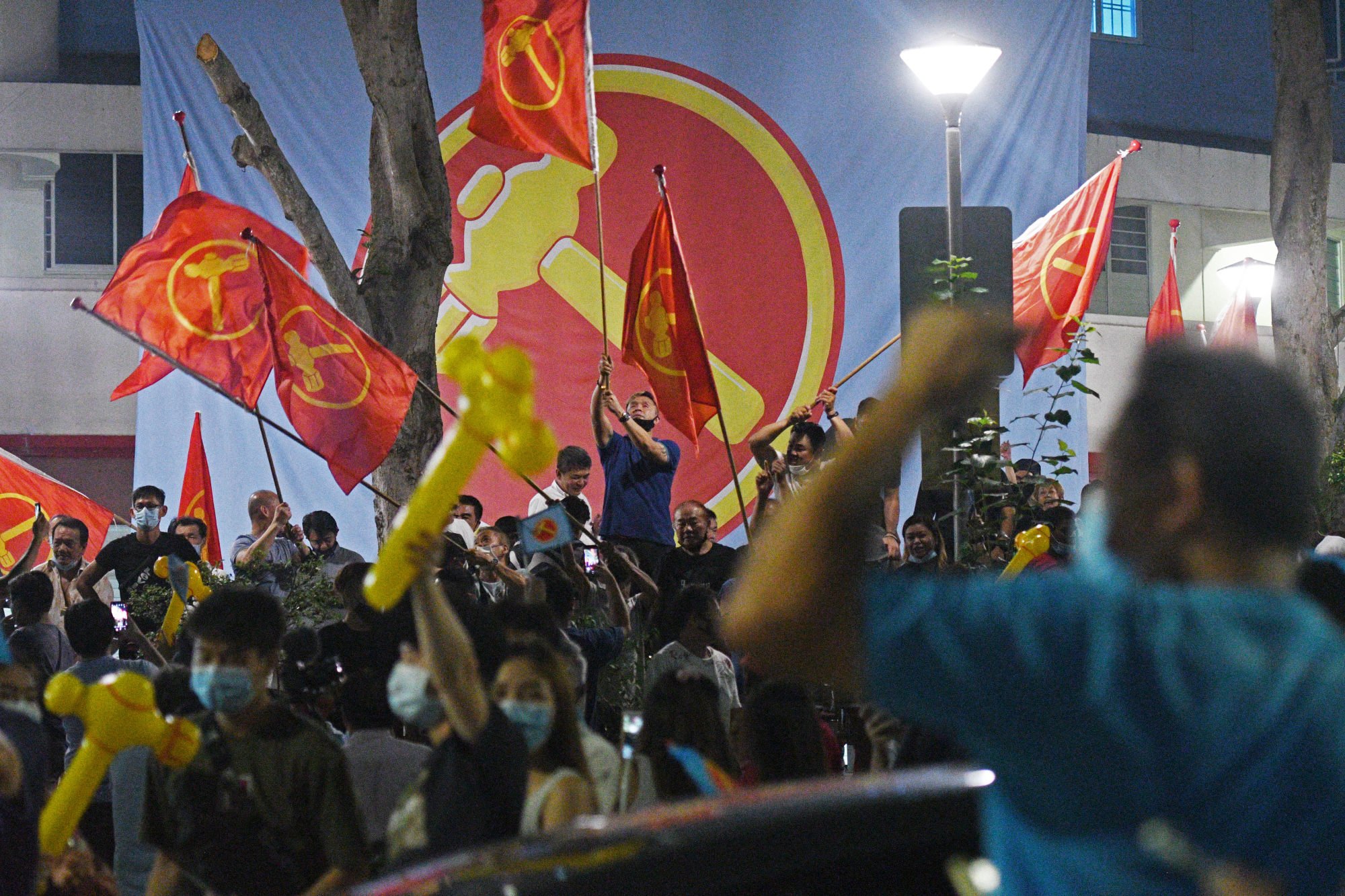
“By regularly updating the qualifying salaries based on the set wage benchmarks, we ensure a level playing field for locals,” said Manpower Minister Tan See Leng during a parliamentary speech in March. “The EP [employment pass] qualifying salary will also continue to increase progressively with age.”
NUS’ Tan said that the earlier rise in property prices was likely driven primarily by constrained supply and elevated construction costs. The stamp duty increase had contributed to a recent decline in demand from foreign homebuyers, she noted.
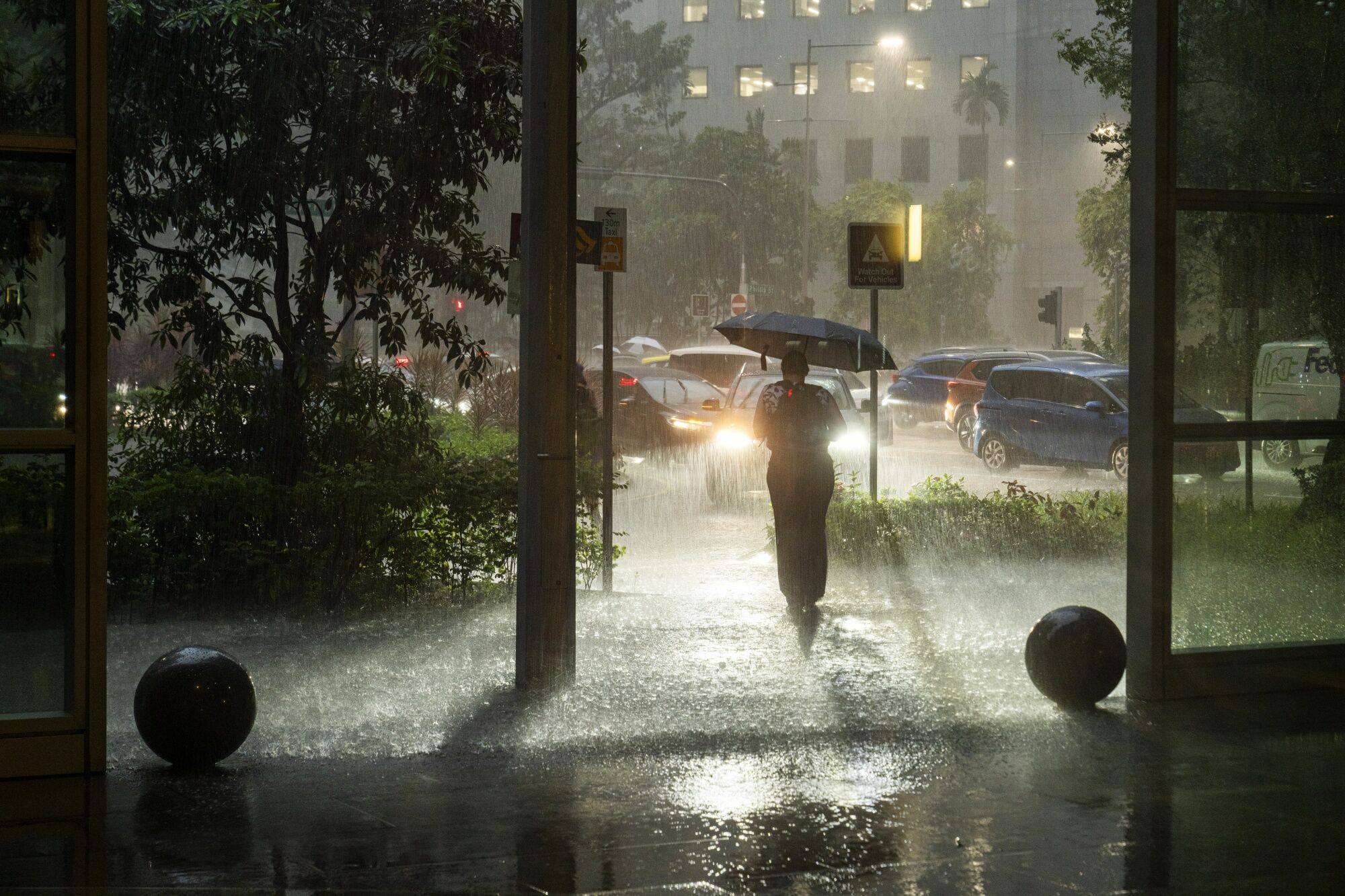
“However, such reasons are impersonal and far removed from individuals,” Tan said. “So individuals may be looking for scapegoats as a way to explain an otherwise personally felt outcome, like not being able to afford a home, caused by impersonal forces that are beyond their control. Foreigners provide that scapegoat.”
For opposition politicians to win over voters at the next election, they would have to provide credible policy alternatives on the foreign talent issue rather than just running on emotions, Singapore University of Social Sciences’ Prameswaren suggested.
“Campaign platforms should not just raise questions, accusations or make statements, but should offer feasible, credible alternatives that clearly articulate how these proposed solutions will address and alleviate Singaporeans’ concerns in the short and long term,” she said.

